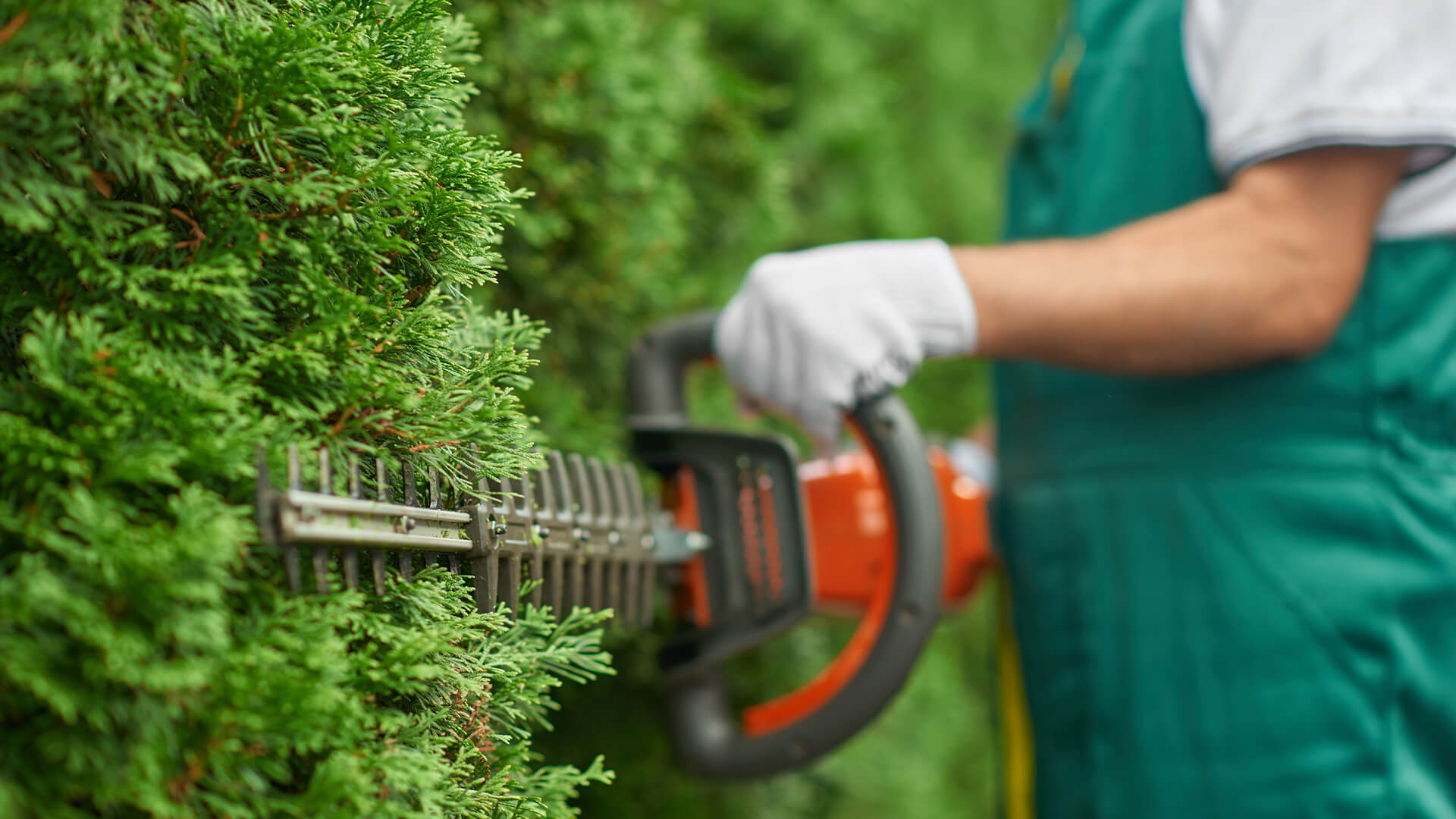In the realm of transforming outdoor spaces, landscaping is a combination of art and science that can significantly enhance the beauty and functionality of properties of all kinds. Whether you are a homeowner looking to create a personal retreat and a business owner seeking to entice customers with an attractive facade, investing in effective landscaping can yield impressive results. However to achieve these results, it is essential understand the core principle of any good landscape design: soil health.
Healthy soil not only supports thick grass and flourishing gardens but also sustains the complete ecosystem of your yard. https://blogfreely.net/firdinghy8/perfecting-curb-appeal-gardening-tips-for-householders is the secret ingredient that promotes growth of plants, facilitates adequate drainage, and prevents erosion. In this article, we will explore how understanding soil health can elevate your landscaping efforts, the benefits of hiring professional services, and helpful advice for maintaining a stunning outdoor space throughout the year. Whether you choose to embark on a DIY project or seek professional assistance, being knowledgeable about soil and landscaping principles will empower you to make the best decisions for your property.
The Benefits of Skilled Landscaping
Putting money in skilled landscaping can considerably enhance the visual appeal of your home. A thoughtfully designed landscape not only creates an appealing atmosphere but also reflects your individual taste and boosts curb appeal. Specialists understand how to coordinate colors, textures, and plant varieties to create a unified look that draws attention and fascination. This extent of design skill can convert simple outdoor spaces into breathtaking landscapes that leave a enduring impression.
In addition to improving appearance, skilled landscaping can provide substantial functional benefits. Knowledgeable landscapers are aware about local weather conditions, soil types, and the most suitable plants for your particular environment. They can design outdoor spaces that emphasize sustainability and low maintenance, reducing homeowners time in upkeep. Furthermore, thoughtfully designed landscapes can improve drainage, reduce soil erosion, and optimize water usage, helping to create a healthier environment for your plants as well as your neighborhood.
One of the most convincing reasons to hire a professional service is the potential rise in property value. Nicely landscaped homes typically see a significant return on investment, often recouping a significant portion of landscaping costs in the property's resale value. A professionally maintained landscape can make your home more attractive to potential buyers, highlighting the attention and work put into your land. This increase in value, combined with greater quality of life, makes expert landscaping a prudent investment for both homeowners and companies.
Crucial Lawn Care Techniques
Caring for a lush lawn requires steady attention and efficient practices. One of the most vital elements is proper mowing. It is suggested to keep the grass at a height of around three in., as cutting too low can stress the lawn and make it more vulnerable to weeds and illnesses. Additionally, using a fresh mower blade ensures sharp cuts, promoting better grass growth. Consistent mowing also encourages richer turf, which can help crowd out unwanted weeds.
Fertilization plays a important role in lawn health as well. A suitable fertilizer that matches the individual needs of your grass type will provide crucial nutrients for growth. Timing is important; applying fertilizers during the growing season ensures that your lawn can absorb these nutrients effectively. It is also beneficial to conduct soil tests to analyze the nutrient composition and pH level of your soil, allowing for tailored fertilization strategies that can enhance your lawn's vitality.

Watering correctly is another key practice for a robust lawn. Deep watering less frequently encourages more extensive root growth, which contributes to drought resistance. Aim for approximately one inch of water each week, either through rainfall or additional irrigation. It's wise to water in the morning to reduce evaporation and fungal diseases. Additionally, understanding the signs of too much water, such as pooling water or discolored grass, can help avert damage and maintain a healthy lawn.
Eco-friendly Landscaping Strategies
Sustainable landscaping focuses on designing an ecosystem that blends with the natural world and meeting the requirements of homeowners and neighborhoods. By using native plants and natural materials, landscaping can reduce water usage and decrease the need for chemical fertilizers and pesticides. Indigenous plants are adapted to the local climate and ground conditions, making them simpler to maintain and more resilient to pests and diseases, ultimately leading to a more vibrant ecosystem.
In addition to plant selection, employing practices like water-wise gardening can greatly enhance eco-friendliness. Water-wise gardening involves creating a landscape that requires little irrigation by employing drought-resistant plants, effective irrigation systems, and ground cover to retain soil moisture. This method not only saves water, but it also lowers maintenance costs and labor while creating a beautiful outdoor space for relaxation and enjoyment.
Moreover, eco-friendly landscaping can play a vital role in reducing energy consumption. Thoughtful placement of trees and shrubs can create natural windbreaks and shade, which helps to cool your home in summer and reduce heating costs in winter. Utilizing permeable materials for hardscaping allows for better drainage and minimizes runoff, further contributing to a green landscape that benefits both the home and the ecosystem.
